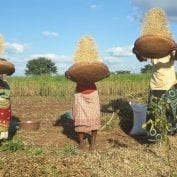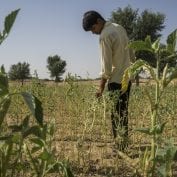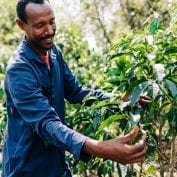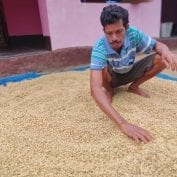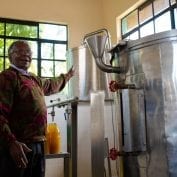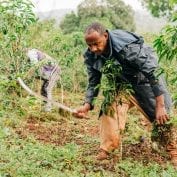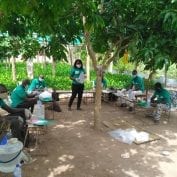
In the Face of COVID-19, We Must Invest in More Resilient Food Systems in Africa
TechnoServe's chief transformation officer, Kindra Halvorson, writes in Agrilinks about the importance of supporting African businesses to avoid food crises in the region.



